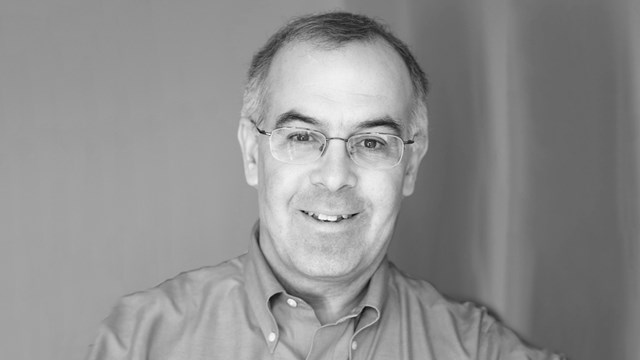David Brooks: We Need to Start Talking about Sin and Righteousness Again
The New York Times columnist asks what it takes to build character in a 'Big Me' culture.

S
everal years ago, David Brooks hit a wall. Although his résumé sparkled—a columnist for The New York Times, a political commentator for PBS and NPR, and the author of best-selling books like Bobos in Paradise—his inner life felt impoverished.
Brooks’s quest to fill that hollowness culminated in his latest book, The Road to Character (Random House). He pairs sketches of historical figures like Augustine and Dwight Eisenhower with analysis of our culture’s retreat from biblical notions of sin and righteousness. Jeff Haanen, executive director of Denver Institute for Faith & Work, spoke with Brooks, a cultural Jew, about recovering the classical quest for virtuous living—and great men and women who can light the way.
Throughout The Road to Character you distinguish between “Adam One” and “Adam Two,” or the "resumé virtues" and the "eulogy virtues." Can you explain the difference between the two and how they influenced your project?
Rabbi Joseph Soloveitchik made this distinction between Adam One and Adam Two. Adam One is the career side of ourselves, and Adam Two is the internal side, the spiritual side of ourselves. The crucial thing is that they operate by different forms of logic. Adam One operates by a straightforward, economic logic: Input leads to output, and effort leads to reward. Adam Two operates by an inverse logic, basically the logic of the Beatitudes: The high will be made low; you have to give to receive; you must lose yourself to find yourself.


No comments:
Post a Comment